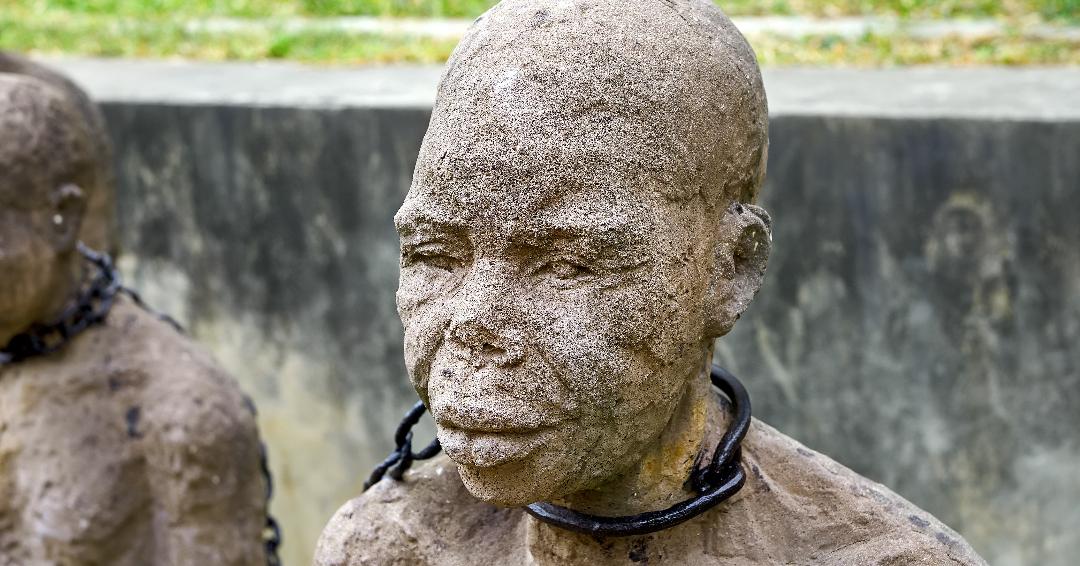
The recently completed royal tour of the Caribbean has provoked debates about Britain’s participation in the transatlantic slave trade. Animated by propaganda, such discussions obscure the complexity of the slave trade. Political hustlers are characterizing the slave trade in racial terms to justify divisive ideologies when the issue is more nuanced. The transatlantic slave trade must be situated within the broader discourse of exploitation.
Throughout history powerful states have devised strategies to subjugate weaker territories, and the transatlantic slave trade was never different. Racial similarities between are not a deterrent to exploitation, and underexplored European slave trades that entailed the trafficking of whites are equally important in the moral reckoning over historical atrocities. The failure to discuss the Eastern European slave trades and the Swedish slave trade that lasted from the sixth century until the Middle Ages suggests that current discussions are motivated by antiwhite animus rather than a desire to correct historical wrongs.
Moreover, the narrative paints an unfortunate picture of African slave traders by depicting them as innocent bystanders who were co-opted into the slave trade. In their quest to present whites as villains, activists have succeeded in infantilizing blacks by belittling their agency. African traders were astute businessmen who compelled Europeans to comply with local trading terms. To maintain trading posts, Europeans had to follow rules stipulated by local leaders.
For many Africans the slave trade was such a lucrative endeavor that its collapse was greatly resented. For example, places like Dahomey and Galinhas became major powers as a result of the slave trade. Hence, downplaying the involvement of blacks in the slave trade to reinforce the rhetoric of black victimhood is a disservice to black history.
The decision to abstain from discussing atrocities meted out to whites by their fellow whites perpetuates the harmful stereotype that blacks are less resilient and incapable of overcoming trauma. Indeed, when activists posit that the British should confront the past, they are implicitly admitting the perpetual victimhood of blacks, whose dignity must be restored by white conscience. But falsehoods mature to become a national creed because serious thinkers are afraid to state the obvious—whites do not owe blacks anything.
The truth is that except for North Africa in the Common Era and the ancient empire of Aksum, Africa was always behind most of the world. Now, clearly, we are not advocating the resurgence of colonialism, but the fact is that Europeans introduced modern medical technology and other institutions to Africa.
Niall Ferguson in his bestselling book Civilization: The West and the Rest captures the revolutionary impact of colonialism in Africa:
In Senegal … colonial rule was associated with a sustained improvement in life expectancy of around ten years, from thirty to forty. Algeria and Tunisia also saw comparable improvements. Better medical care—in particular reduced infant mortality and premature infertility—was the reason why populations in French Africa began to grow so rapidly after 1945. In Indo-China it was the French who constructed 20,000 miles of road and 2,000 of railways, opened coal, tin and zinc mines and established rubber plantations.
Absolutely, nothing is wrong with an impartial assessment of Western colonialism. The distinguished scholar Murray Last can say that the Sokoto Caliphate was beneficial for Nigeria without inviting reproach, yet one cannot highlight obvious benefits of colonialism and not be smeared with invectives.
In fact, British colonialism tamed the aggression of African powers like the Sokoto Caliphate, Asante, and Benin. If Britain and other European powers had failed at pacifying African empires, then today many in Africa would still be living in slavery or genuflecting to their imperial overlords.
Africa, prior to colonialism was never a paradise. Furthermore, since living standards in the West are higher than in Africa, the descendants of enslaved Africans are obviously better off than their African peers. However, this observation is not contending that slavery is beneficial, but rather that a brutal system has produced indirect benefits.
Similarly, some may concede that financially no case for reparations can be mounted, yet it neither is it evident that a compelling justification for cultural reparation exists. Western blacks are culturally divorced from Africans, and most would not exchange their comfort in the West for life in Africa.
Practices like trial by ordeal, inheritance traditions disfavoring women, and the killing of disabled children seem outrageous to blacks in the West, so we can’t really say that blacks are suffering cultural losses because they are in the West, when there is no guarantee that they would have appreciated African culture.
The crux of the matter is that we cannot undo history, and as such the only sensible alternative is for all parties to move on and desist from projecting current sensibilities onto historical characters. Enabling blacks to perceive themselves as victims will be detrimental to all interests in the long term.






